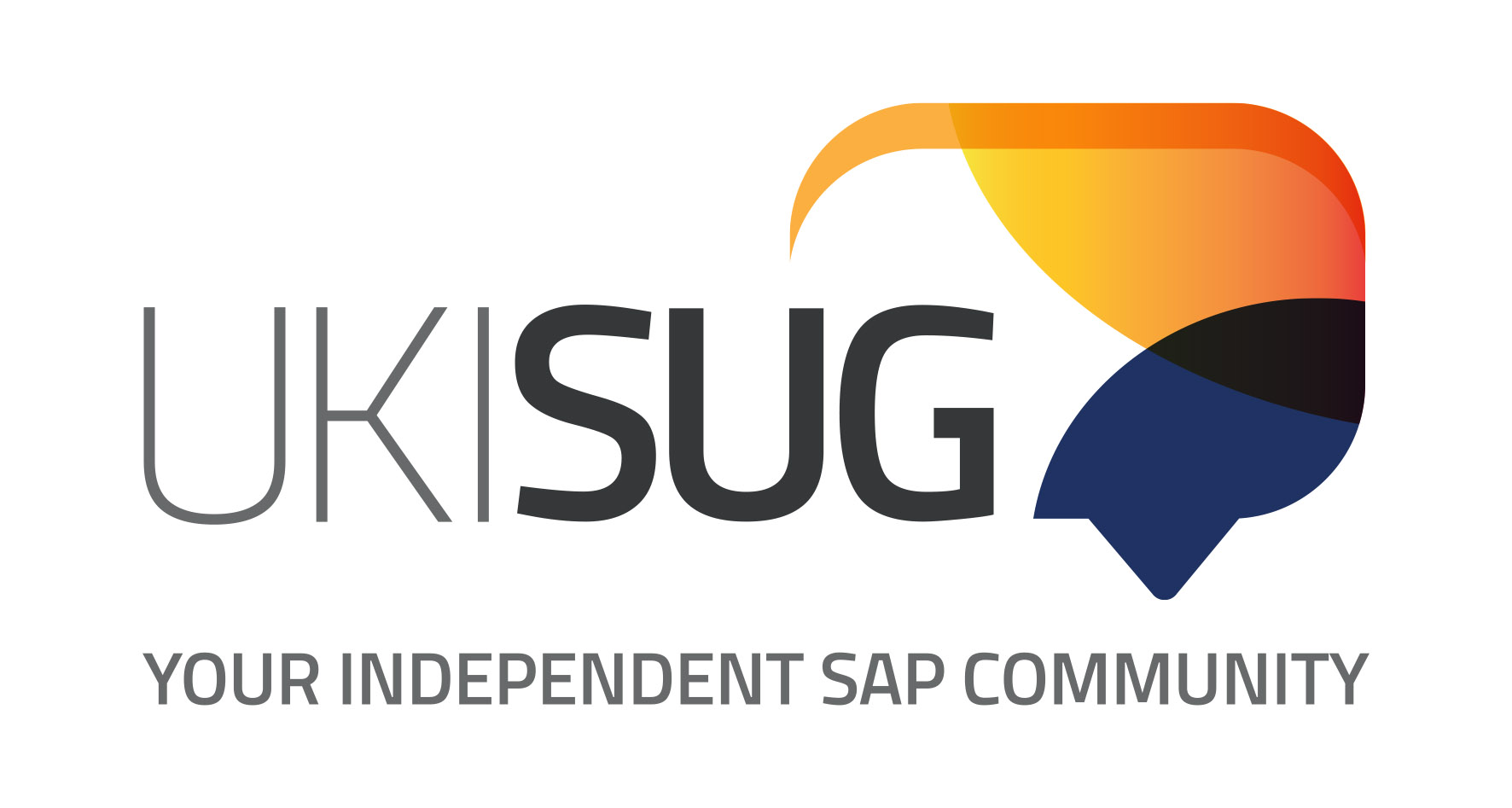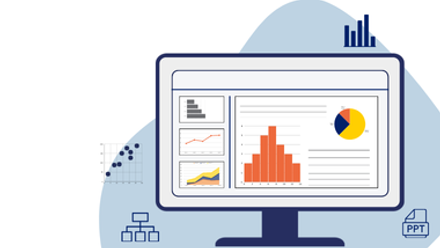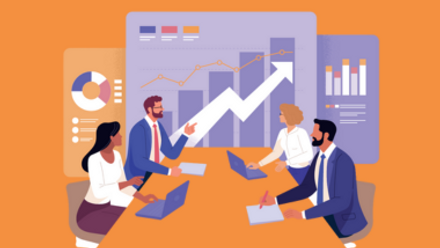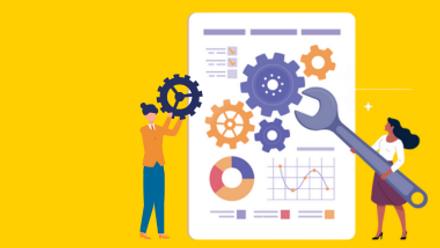Frank will set the scene by explaining how globalisation and complexity have historically been the biggest challenges facing the supply chain. In response to this, many organisations focused on managing costs and increasing efficiency. However, market fluctuations and unprecedented levels of supply chain disruption are revealing the importance of digitisation, resilience and sustainability.
For supply chains to be more resilient, they must be able to adapt and respond quickly to market fluctuations and supply chain volatility. Additionally, each link must be integrated into a tightly coordinated and responsive system that leverages data to increase visibility and collaboration. Many organisations lack new capabilities focused on agility to meet these new challenges. Furthermore, there is a need to collaborate across the supply chain to collect and analyse sustainability data to meet legal obligations and corporate Environment, Social and Governance (ESG) reporting goals. Embedding sustainability into supply chain processes – for example, by measuring carbon emissions usage in production and logistics processes – helps to achieve these goals.
Key Takeaways
- Evolving supply chain demands require new capabilities - Traditional processes and solutions are insufficient for meeting future business requirements.
- Enhancement over replacement delivers value - Organisations can build upon existing investments rather than undertaking costly system overhauls.
- Problem-solving approach drives success - Prioritising business challenge identification and resolution over generic product implementation yields better outcomes.
Continue your learning journey with other sessions in this webinar series:
Event Speaker
Event Resources










